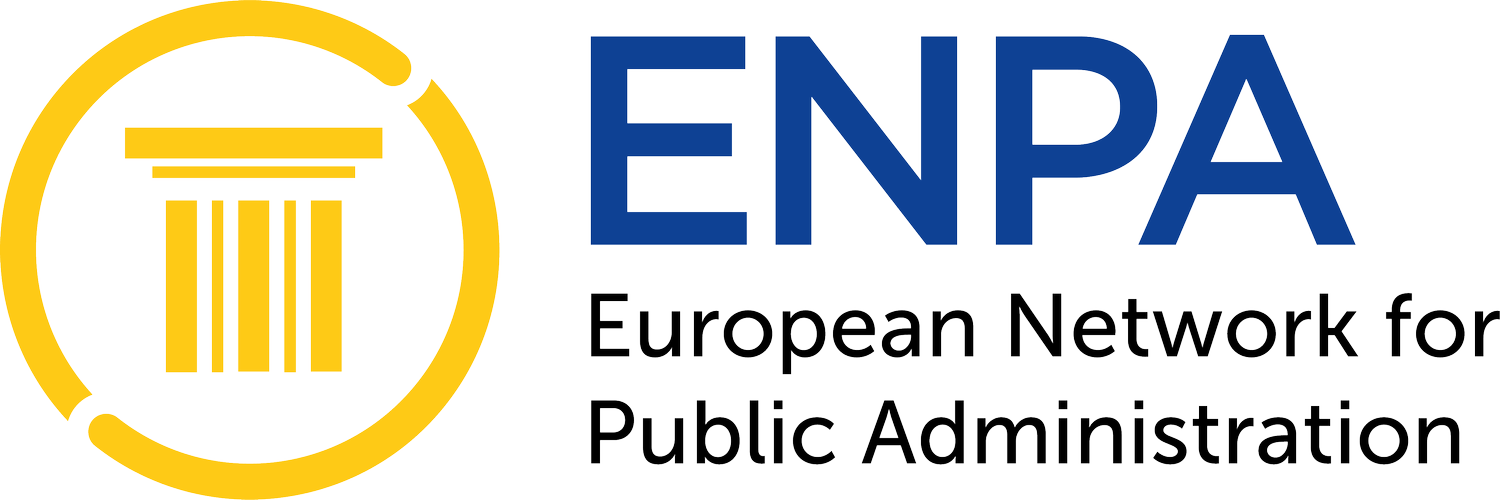Nonprofit governance and management
Co-Chairs
Johan Hvenmark
Department of Civil Society
and Religion
Marie Cederschiöld University,
Sweden
johan.hvenmark@mchs.se
Ben Suykens
Department of Public Governance
and Management
Ghent University, Belgium
ben.suykens@ugent.be
Jurgen Willems
Public Management and Governance
Vienna University of Economics and
Business, Austria
jurgen.willems@wu.ac.at
Nonprofit organizations (NPOs) play a central role in public administration. Operating across diverse service domains, nonprofits can supplement government by delivering services that the state does not provide, complement government by delivering services on its behalf in return for public funding, and/or can oppose the government by advocating for policy change on behalf of their constituents.
This research group welcomes theoretical, conceptual and empirical contributions studying both governance and management challenges from a nonprofit perspective. Topics include, yet are not limited to:
1. Cross-sector collaborations
2. Fundraising, donations, public funding
3. Volunteering and stakeholder management
4. Public governance of philanthropy
5. Nonprofit reputation and accountability
6. Public governance of nonprofit service networks
7. Ethical behavior, practices, and challenges
8. Nonprofit organizations as schools for democracy
9. Professionalization, marketization, hybrid organizations
10. Social entrepreneurship
11. Civil society and policy processes
To enhance a particularly strong embeddedness with general themes of the European Network of Public Administration, papers on the following topics are especially encouraged to be submitted:
Public-nonprofit accountability – A perennial debate, one of the main questions is the search for boundary conditions under which public accountability demands are purposeful for both the government (control of efficient and effective use of public spending) and the NPOs (facilitating organizational learning and stakeholder communication). Complexity is infused by the knowledge that both public accountability and nonprofit performance are best understood as multi-layered concepts that can materialize in different ways, and that contextual factors at the organizational, field and country level are likely to affect the public accountability – nonprofit performance nexus in different ways.
Evolutions in nonprofit financing – Here, relevant research questions include, yet are not limited to, the dynamic between charitable donations and governmental funding, the so-called creeping shift from lump sum- to project-based funding and the tension between restricted and unrestricted public financing of NPOs.
A shrinking or shifting space for NPOs – Increasingly, research describes how the discretionary space of NPOs is limited at a creeping pace in (quasi-)authoritarian countries. Examples include the limitation of self- organizing rights, suppression of NPOs’ critical voice towards the government and/or decreasing access to transnational funding. Here, challenging questions are to what extent shrinking space dynamics can be observed in Western welfare state types that are considered non- authoritarian, which mechanisms drive said manifestations and what the main consequences are. In addition, a more provoking question may be to what extent the idea of a shrinking space is better understood as a shifting space, as this dynamic may produce so-called winners and losers. Indeed, while (subtle) regime shifts may limit the maneuvering space for some NPOs, it may actually enlarge it for others.
